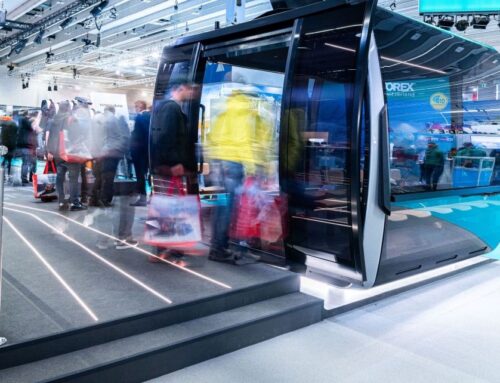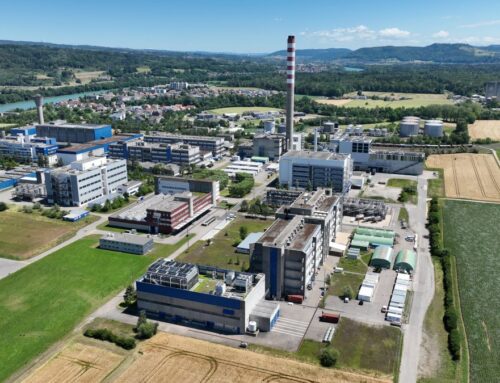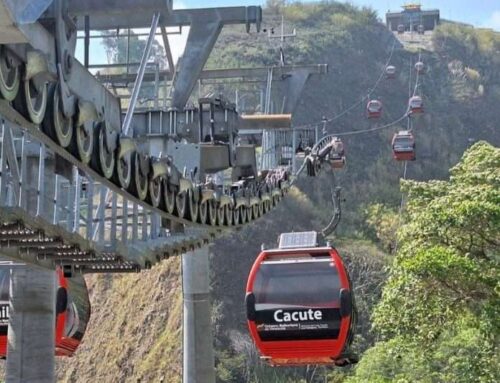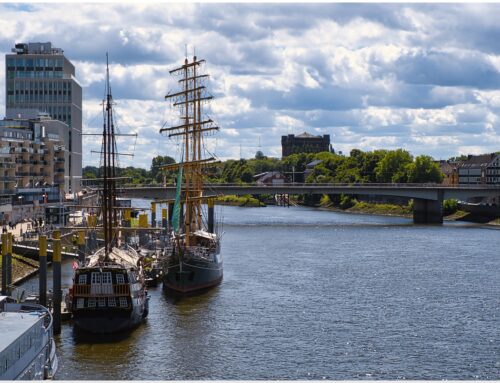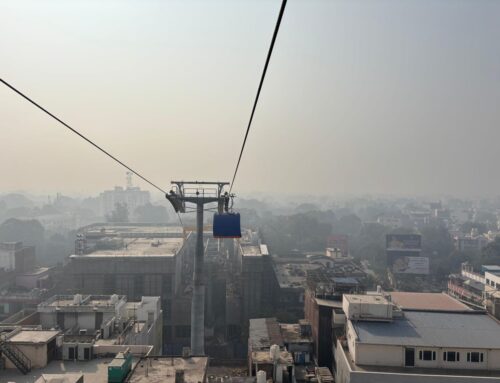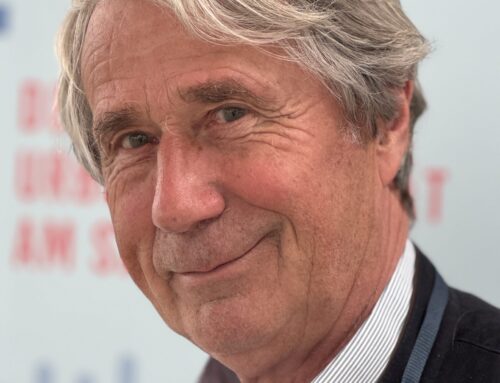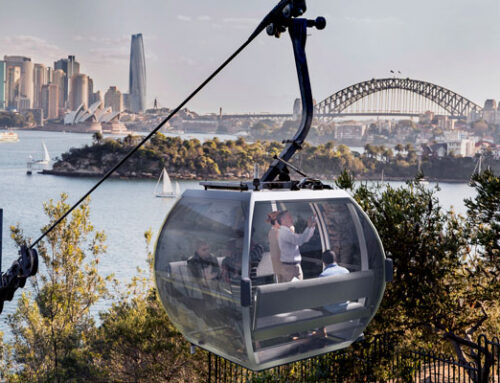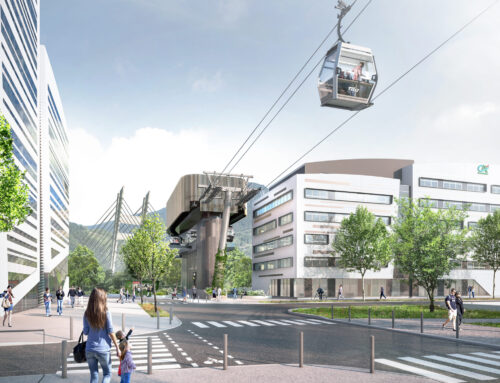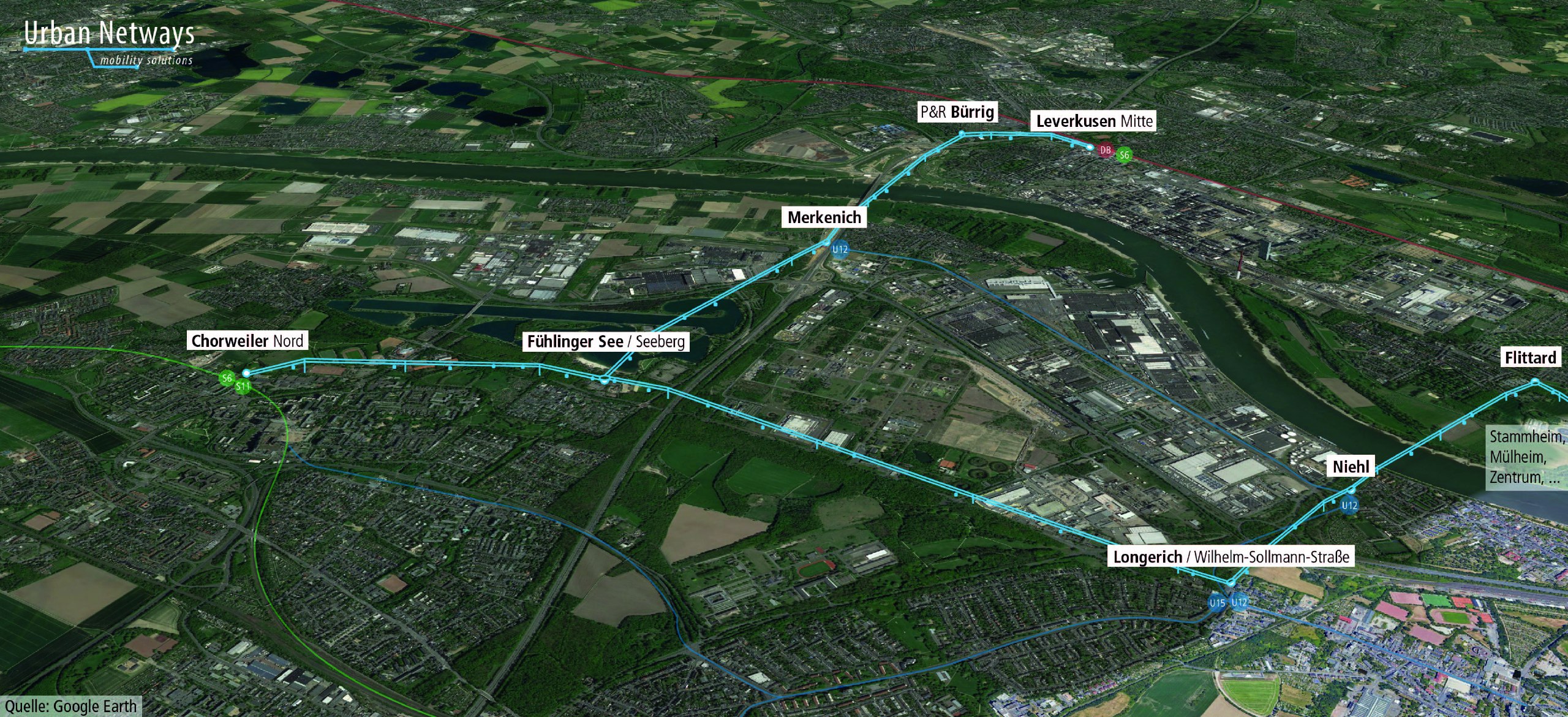
Cities, SI Urban 1/2021, SI-Urban
Research location: Cologne
As an environmentally friendly mode of transport for local public transport, cable cars are becoming increasingly significant worldwide. The German federal ministry of transport and digital infrastructure (BMVI) can also see the potential of an urban cable car and has commissioned Stuttgart-based planning and consulting company Drees&Sommer SE together with the Stuttgart institute of transport science (Verkehrswissenschaftlichen Institut Stuttgart GmbH – VWI) to compile a study on the “integration of urban cable car projects into city and transport planning”.
Further collaborations
The opportunities for interconnected cable car systems should also be considered in respect of the issue of optimised, inner-city freight logistics, in order to be able to offer a more valid assessment of environmentally friendly alternatives/additions to the familiar transport networks (rail, lorry, van).
The aim of the collaboration between Cologne University of Applied Sciences and the Urban Netways planning office is to research and develop a demand-based IT control for cable cars and to identify implementation scenarios particularly for the urban and suburban environment. They are guided here by specific potential applications in the region, such as a project in the north of Cologne.
Project description
In comparison with the suburban railway (S-Bahn), a cable car on-demand between Chorweiler Nord and Leverkusen Mitte stations would halve the commuter journey time to 20 minutes – with absolutely no waiting time. At the moment, anyone who wants to cross the Rhine by local public transport from Merkenich to Leverkusen long-distance bus and railway station still has to make a connection in the city centre but would take under 10 minutes by cable car. As well as the history of the city of Cologne as a driver of research for mobility solutions (the Otto engine, the suspension railway) and its experience with an urban cable car as a river crossing, the region in and around Cologne also brings together a variety of stakeholders, including in the logistics sector as well as mobility and AI research.
